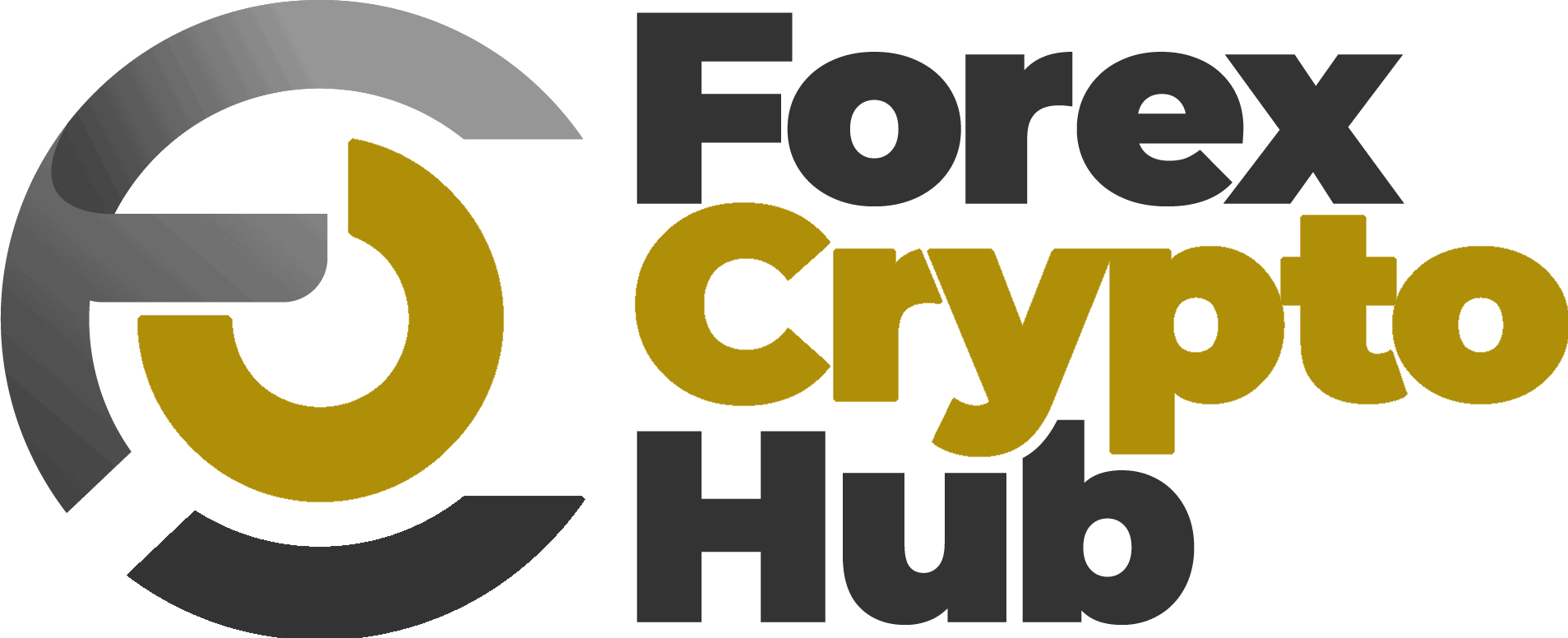The Forex market offers a way for investors to speculate. It operates 24-hours a day, Monday through Friday.
Traders can also take advantage of the crypto market, which operates 24/7/365. It has slowly been emerging as a trading market for individuals and institutions searching for diversity.
With both options available, it is critical to understand their similarities and differences. Only then can you determine which option will work best for your financial objectives and trading strategies.
Therefore it’s wise to only participate in Forex and crypto markets after obtaining a full understanding of each.
The Similarities Between Crypto and Forex
Both options offer digital trading of multiple currencies and other similarities, such as the following:
- Volatility: Both of these markets can experience sudden price swings. This type of price action might occur in the Forex market due to a significant political announcement for example. A quick drop or increase in price in a cryptocurrency might stem from a large trade by a whale (a trader or company who has the financial power to significantly influence the price of stock or cryptocurrency.) However, skilled traders can make significant profits during volatile price movements.
- Easy Access to Trading: There are several digital platforms available where trades can be made for both markets. You can choose to trade on your mobile phone or laptop.
- Pricing: When there are more sellers than buyers for crypto or FX, one can expect the price to go down, and when the converse is true, one can expect the price to go up.
How Crypto and Forex Are Different
Where crypto and Forex differ is even more important:
- Using a Middleman: One of the main differences between Forex and cryptocurrency markets is how trading works for each digital asset. Forex uses OTC trading, matching up buyers and sellers without utilizing a go-between. Cryptocurrencies are usually bought and sold on exchanges. Before you trade be aware of what fees may be involved.
- Liquidity: Another significant difference is market size and liquidity. Some individuals may not realize the high trading volume offered by Forex. Averaging over $5 trillion each day, it’s the largest market in the world. Forex buying and selling can usually be carried out instantaneously. In contrast, 24-hour volume for cryptocurrency trading is much smaller and might reach the $100 billion range on any given day. This extreme difference in liquidity can lead to even more significant fluctuations in price — especially for cryptocurrencies with low market caps.
- Risk: While volatility can be helpful to a trader, it also presents a risk. Trading always involves risk and reward. However, the crypto market’s lower liquidity may present higher volatility and increased risk. Of course, managing the risk involved in a trade is essential in any market, no matter what type of trading vehicle is being used.
- Securing Your Account: Opening a cryptocurrency trading account and funding it can usually be done by utilizing a bank account similar to the process used for many Forex trading platforms. However, securing a crypto account on an exchange is vital as there isn’t any government insurance for lost or stolen funds. The Forex market is much more regulated than cryptocurrencies. It’s advisable for a trader to store their crypto in a secure digital wallet and use 2FA authentication to avoid any problems.
- Anonymity: Some cryptocurrencies, such as Monero, Horizen, and Zcash, offer a way to stay anonymous when trading. These digital coins have specialized coding that can hide the identity of a trader. Completing a Forex transaction without being known would be extremely challenging due to the tight regulations being used in the marketplace. Gaining access to Forex trading usually requires an individual to provide their personal information. A few cryptocurrency exchanges have also increased their security in the past few years and require identity verification before an account can be opened.
What’s Best for You: Crypto or Forex?
Knowing which market is the best option is typically a question a trader has to decide independently.
A trader’s experience, risk profile, and ability to adapt to new environments can play critical roles in choosing the best one.
While there might be an opportunity for increased volatility in the crypto market (and thus more significant gains), losses can also come just as quickly.
Whether a trader opts for one option or a combination of both markets, it’s essential to obtain as much knowledge as possible before making a trade
About This Article
Author: Toni Allen is a contributor and editor at Commodity.com, a leading resource on commodities markets and trading. She enjoys sharing insights that help new investors save money and avoid common pitfalls. In her spare time Toni enjoys spending time with her family and exploring the outdoors.
Sources of information and credits for this post include:




